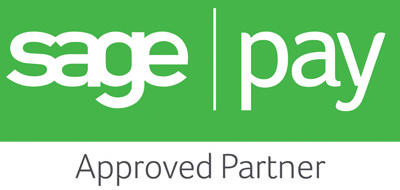Google Bucks The Trend, Putting Privacy First – Part 2
Google's new FLoC (Federated Learning of Cohorts) policy will see third party tracking cookies blocked in the Chrome browser, improving privacy for users, but at the same time removing the individual-level behaviour information that marketers use to deliver highly targeted, relevant adverts. As Chrome has the lion’s share of the browser market this is very significant, and will create huge challenges for marketers used to knowing almost everything about their audience.
There will still be the option to target adverts to cohorts – sets of people defined by broader criteria than marketers are used to working with. This means that adverts and content will have to appeal to a wider range of people – a U-turn from how we have been used to working for many years.
The good news is that first party tracking will not be impacted – the data you collect from visits to your website and social channels will still be yours to use as you wish, but you won't be able to integrate this data with third party data to target individuals. Heineken is responding creatively to this challenge. As an alcohol company they are not allowed to sell direct to consumers, so have always relied on bars and retailers to be their middle-man, selling their products for them. This means Heineken have historically lacked a lot of insight into their audience due to the nature of the business.Faced with a bigger challenge now they have responded with a strategy that puts first party tracking right at the heart.
Heineken worked with consumer data profile platform BlueConic to gather relevant data from a variety of sources, including offline data, to create user profiles they own. Data from festivals, such as wristbands used to access drinks in sponsored refreshment tents, as well as sponsorship of sporting events, are all fed into the same system. Website visits for raffles, competitions and other outreach activities are also analysed and the data unified with that from the other sources to create user profiles that are very personal. The most highly valued are referred to as “golden records” and they offer the same insight that would be gained from using third party cookie data, perhaps even more meaningful in some ways as the variety of sources really helps build a comprehensive picture of each customer.
Working in this way not only gives Heineken unique insights into their customers, it also helps manage consumer consent; with centralised records held by Heineken, rather than by third parties, customers can easily ask for their data to be removed with one click. This helps build consumer confidence that they are in control of their online profile, which means they are more trusting of the brand overall.
One channel that can use this data to the fullest potential is email marketing.Armed with data from a variety of sources Heineken can be sure that their emails can be targeted at the most individual level, allowing them to reach various demographics with messages that they will want to receive. Customers identified from music festivals can be sent messages about Heineken-sponsored gigs they might be interested in, while sports fans will get a different message.
With the right angle, brands can continue to use personal data they own to target their messages without relying on the third party data that would come from tracking cookies. This approach future-proofs their marketing against the ever-tightening controls on privacy on the web.
